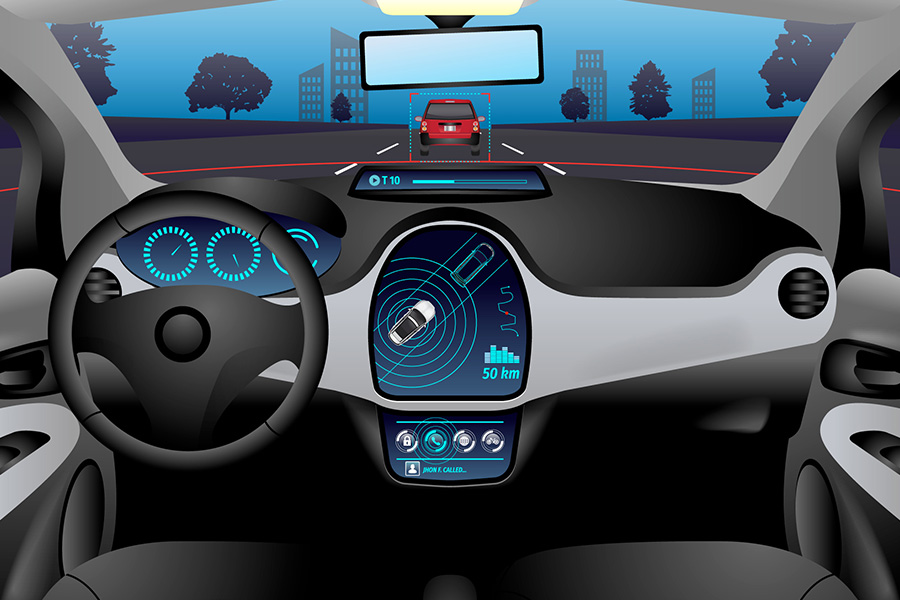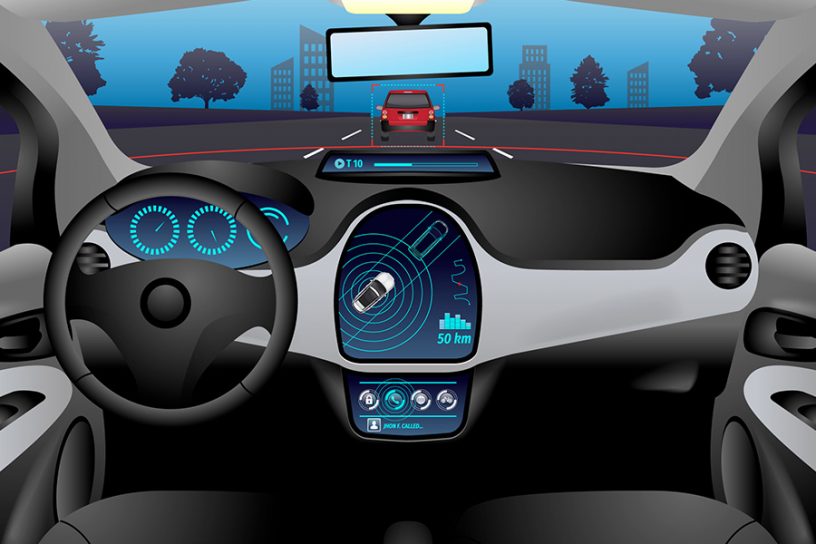
Critically evaluating the predicaments that adjudicators and claimants may encounter if ordinary legal principles for motor vehicle injuries are extended to self-driving cars, this article demonstrates the uncertainties in Indian law on the subject of self-driving cars.
Author
Saloni Khanderia, Professor, Jindal Global Law School, O.P. Jindal Global University, Sonipat, Haryana, India.
Summary
The deployment of self-driving cars seems to be the recent focus in several parts of the world. The operation of Robotaxis, shuttles and other forms of public transport in the United States [the US], China and France are illustrative of these trends. Some other parts of the world, such as Germany and Japan, have simultaneously been gearing up to open public roads to such cars.
The recent trends indicate that implementation of such modern technologies is no longer a moot point. Instead, current questions have increasingly focused on how, not whether, technological developments such as these may safely be adapted into public life. The introduction of self-driving cars has not been free of complexities. Among other things, their introduction necessitates an urgent overhaul of the regulatory environment to address the unique challenges of modern technologies.
On the legislative front, the formulation of clear, coherent rules to ascertain the rights and liabilities of the various stakeholders, such as users vis-à-vis owners and manufacturers, for harm caused by such vehicles has become indispensable. On several occasions, the determination of liability for harm caused by self-driving vehicles would involve an interplay between domestic accident-liability rules and conflict-of-laws rules, especially where the damage has allegedly been caused by a car that has been manufactured overseas.
In the absence of a treaty or Convention, several major jurisdictions such as Germany, France, the UK and China have developed legal principles in tandem with the introduction of self-driving cars. In contrast, India has been unmoved by these global developments. As the world progresses towards a legal discourse to revamp the regulatory framework to address the challenges of self-driving cars, India has stood firm in banning their operation.
On the other hand, consumer anxieties concerning the operation of such vehicles on public roads in India have consistently risen – depicting the lack of trust in the ability of the current legislative framework to safeguard the rights and interests of the potential users and injury victims. This article attempts to identify the source of consumer concerns. It critically evaluates the predicaments that adjudicators and claimants may encounter if ordinary legal principles for motor vehicle injuries are extended to self-driving cars. The article demonstrates the uncertainties in Indian law on the subject of self-driving cars.
The present legislative principles merely stipulate the mechanism to ascertain the liability for fatal or grave injuries caused by motor vehicles without concurrently prescribing the consequences of forms of damage that are not fatal or grave. Consequently, the paper recognizes the need for special rules on the regulation of self-driving cars and, accordingly, examines some workable solutions that Indian lawmakers may consider adopting if the ban on self-driving cars is eventually lifted.
Published in: Journal of Tort Law
To read the full article, please click here.


